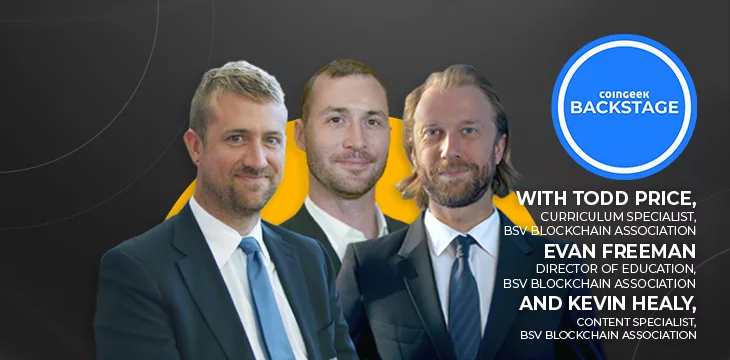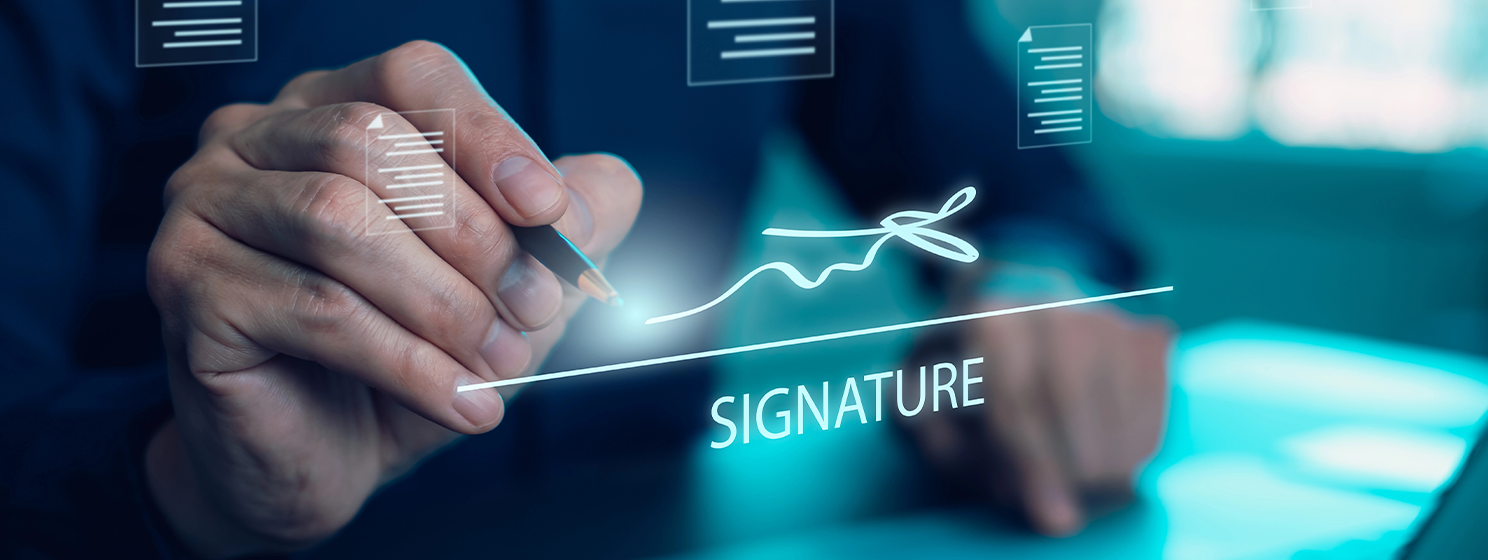|
Getting your Trinity Audio player ready...
|
Representatives from the BSV Blockchain Association have expressed optimism for the Philippines to become the leading hub for blockchain technology following a combination of government and private sector initiatives.
The representatives shared their thoughts at a CoinGeek BackStage interview in Manila, pointing at an avalanche of use cases for the Philippines. Evan Freeman, Director of Education at the BSV Blockchain Association, highlighted several blockchain utilities for the Southeast Asian country, including open banking and central bank digital currency (CBDC) use cases.
BSV Blockchain Association’s Curriculum Specialist Todd Price noted that entrepreneurs in the Philippines can lean on blockchain technology to improve the state of payments for goods and services while improving their internal processes. Freeman and Price emphasized that incorporating blockchain for commerce can offer Filipinos unrestricted access to the global digital economy.
However, achieving those goals is not a walk in the park for the Philippines but will require concerted efforts from key stakeholders. Kevin Healy, a content specialist with the BSV Blockchain Association, remarked in his interview that the association’s blueprint involves meeting with a cross-section of the academia to explore ways to introduce blockchain technology into the learning modules of students.
The BSVA representatives also met with Ateneo de Manila University faculty members to introduce a blockchain course into the curriculum to deepen the nation’s talent pool.
“We put together a curriculum; a lot of it is dispelling the stuff that people heard as far as what crypto is and all that kind of stuff,” said Freeman. “We’re starting there and showing how people can use BSV Blockchain in real applications that are actually valuable instead of speculative.”
Outside of academia, the Association has its sights on meeting with key government agencies to pique their interest in emerging technology. Healy cites the Securities and Exchange Commission (SEC), Bangko Sentral ng Pilipinas (BSP), and the Department of Information and Communications Technology (DITC) as key agencies central to the quest to transform the Philippines into a blockchain hub.
Top on the agenda for discussion include using blockchain technology to build a national digital identity system, programmable money, and interfaces on the building blocks of Web3 regulation.
The Philippines stands a fair chance
Freeman opines that the Philippines has all it takes to emerge as the world’s blockchain capital, given its “young, tech-savvy English-speaking population” with previous experience with emerging technology.
The Association’s Director of Education points to the Philippines’ unique position as a developing nation as a significant factor in triggering greater adoption metrics.
Already, the country has begun experimenting with blockchain technology, including a plan by UnionBank to improve the operations of small and medium-sized enterprises (SMEs). The country’s Treasury Bureau is exploring the concept of tokenized bonds while the BSP is pushing its studies to improve its financial market infrastructure using blockchain technology.
Watch: eGov super app opens the best opportunities for Philippines

 03-04-2026
03-04-2026 




